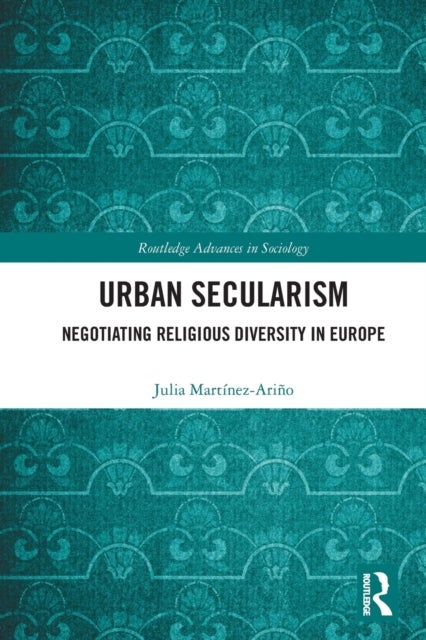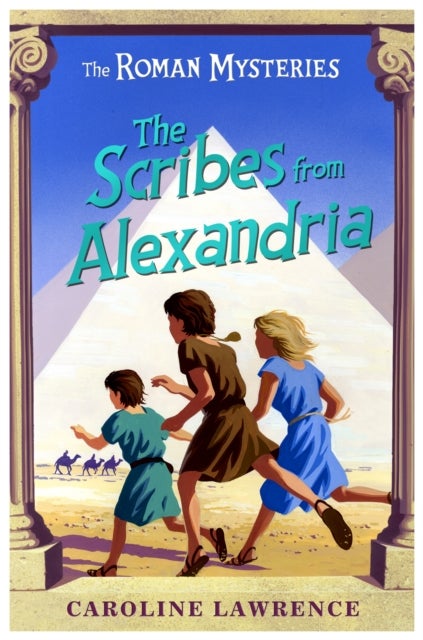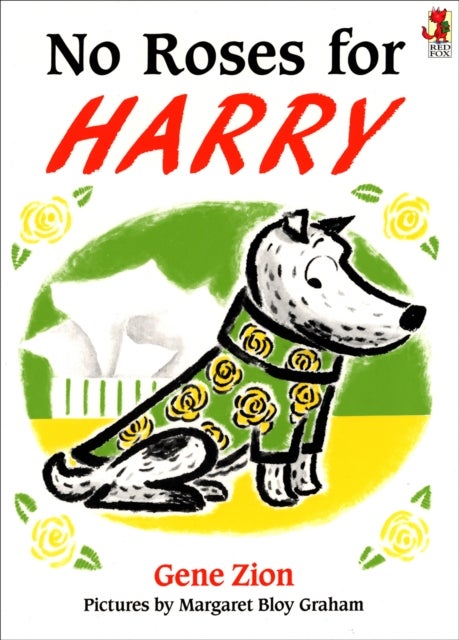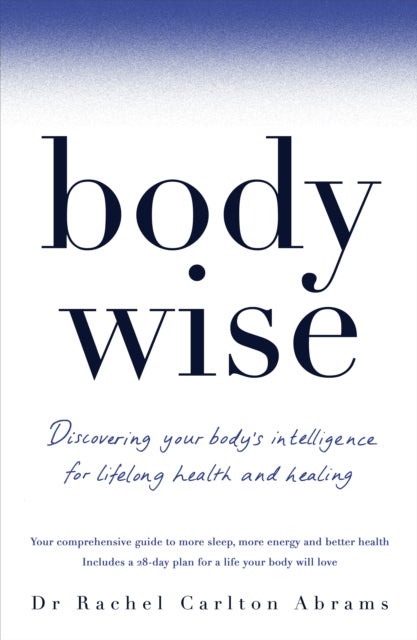
Urban Secularism av Julia (University of Groningen Netherlands) Martinez-Arino
499,-
<P>While French <I>la¿t¿/I>is often considered something fixed, its daily deployment is rather messy. What might we learn if we study the governance of religion from a dynamic bottom-up perspective? Using an ethnographic approach, this book examines everyday secularism <I>in the making</I>. How do city actors understand, frame and govern religious diversity? Which local factors play a role in those processes? In <I>Urban Secularism: Negotiating Religious Diversity in Europe</I>, Julia Mart¿z-Ari¿o brings the reader closer to the entrails of <I>la¿t¿I>. She provides detailed accounts of the ways religious groups, city officials, municipal employees, secularist actors and other civil-society organisations negotiate concrete public expressions of religion.<BR>Drawing on rich empirical material, the book demonstrates that urban actors draw and (re-)produce dichotomies of inclusion and exclusion, and challenge static conceptions of <I>la¿t¿/I>and the nation. Illustrating how urban, national








